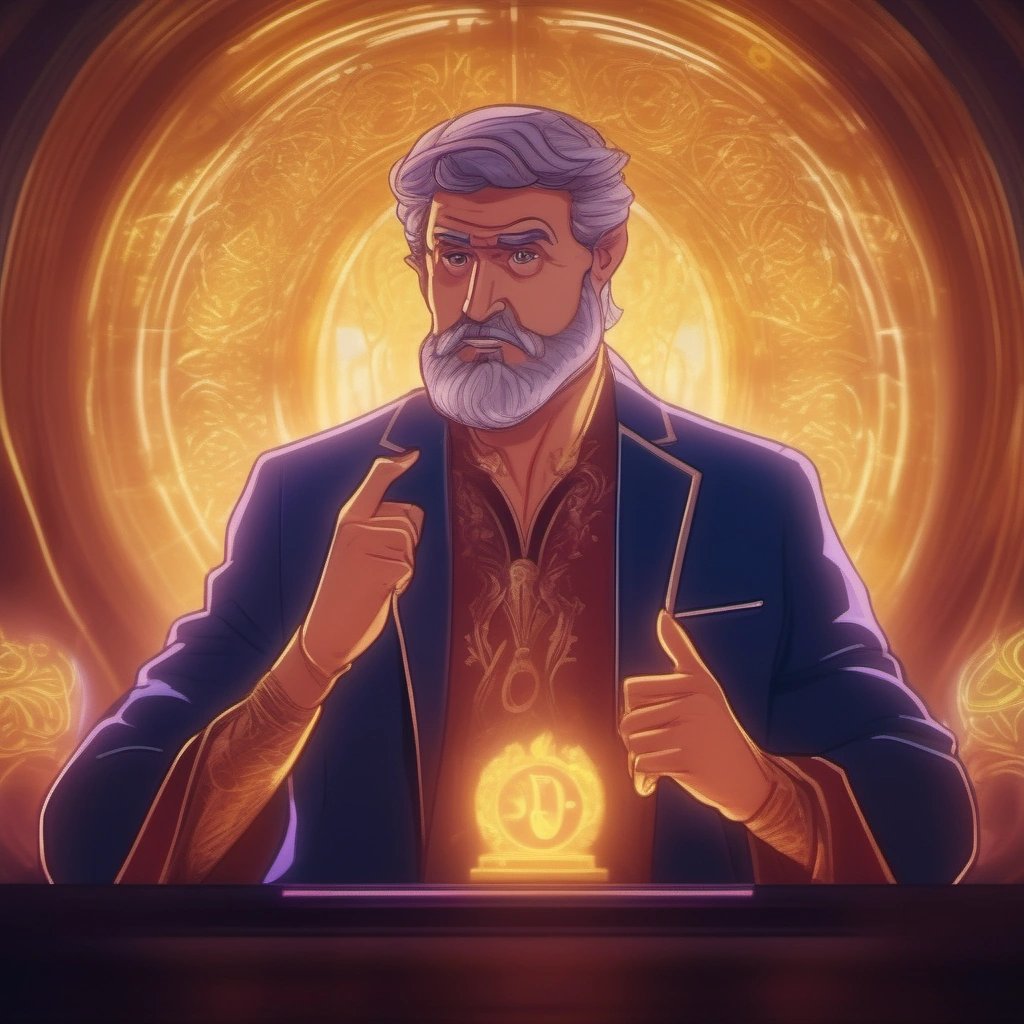In a world where falling apple stocks might refer to financial markets rather than autumnal orchard mishaps, and where "liking" something can result in a lawsuit from a social media giant, the Czech language has taken a bold step. It has decided, through its self-aware AI language council, to retire the beloved character 'CH' and replace it with the more avant-garde 'Ȟ'. And no, this does not mean that every 'CH' in the world is destined for a tropical vacation - it's a linguistic revolution, not a redundancy payout scheme!
Yes, you read that correctly. Linguists, language lovers and most importantly, the 10.7 million Czechs who use the language daily, are still trying to wrap their tongue around this new development. After all, 'CH' wasn't just a simple character. It was a symbol of Czech pride, a character with a charisma unmatched by any other. Whether in 'Chleba' (bread), 'chata' (cottage), or 'Chcete čaj?'(Do you want tea?), 'CH' was the linguistic equivalent of a comfortable pair of slippers. But everything changes, and so it seems, does the Czech alphabet.
"The days of 'CH' are over," declared Juraj Labant, Chairman of the Czech Language Council in a press conference, attired in a sparkling suit that, coincidentally, had more sequins than the Czech language has diacritical marks. Behind him, the screen radiated the elegance of the ornamental newcomer, 'Ȟ.' Undeniably, 'CH' was feeling the after-effect of this futuristic linguistic shake-up.
Labant continued, "Although 'CH' has been with us for centuries, we felt that it was time for a change. 'Ȟ' is fresh, minimalistic, and radiates an aura of sophistication and complexity - precisely what we envision for the future of our language."
Upon the announcement, 'CH' was seen hitting a high note in Karel Gott's greatest hit 'Bílá paní' before heading away in a procession of Czech-made Škoda cars, under a shower of Bohemian glass beads.
Meanwhile, the new hotshot 'Ȟ' has already made its debut in a Czech soap opera ''Love, Lies, and Ladislav,' in the sentence "Ȟelena, Ȟorvatová, Ȟudík". Mass confusion and laughter ensued as viewers scratched their heads at the pronunciation, proving that adopting the 'Ȟ' was less of an easy feat than anticipated.
So, the question now becomes: How will this change affect Czech society and their language perception? Will 'Ȟ' manage to fill the alphabet-sized hole left by 'CH'? And most importantly, how on earth does one pronounce 'Ȟ'?
However, in the grand scheme of things, all this drama surrounding the 'CH' saga might not matter in a few months. Because, you see, whispers are swirling that the silent but stunning 'Ů' is next on the chopping block. Will it be retired? Or, in a fresh plot twist, might it replace itself with the ever-ambiguous emoji, '?'? Only time, and the Czech Language Council, will tell.
And this, folks, is why we can’t have nice linguistic things. Because one day, you're complacently sipping Svíčková sauce from a spoon, and the next, you're choking on a 'Ȟ'.
In any case, we can always look forward to 2025, when the Czech language council might consider replacing all vowels with hieroglyphs. Allegedly, under consideration is an eye to replace 'O' (because nothing says I'm watching you like an eyeball), a falcon for 'A' (let's be honest, who needs phonetics), a winky face for 'E', a cat for 'I' (because the internet), and a donut for 'U' (because who doesn't love donuts?).
In the meantime, as we keep an ear out for further developments from the ever-dynamic scene of Czech language, we salute 'CH' for its dedicated service and wish 'Ȟ' good luck in its tenure. It's got big alphanumeric shoes to fill!


